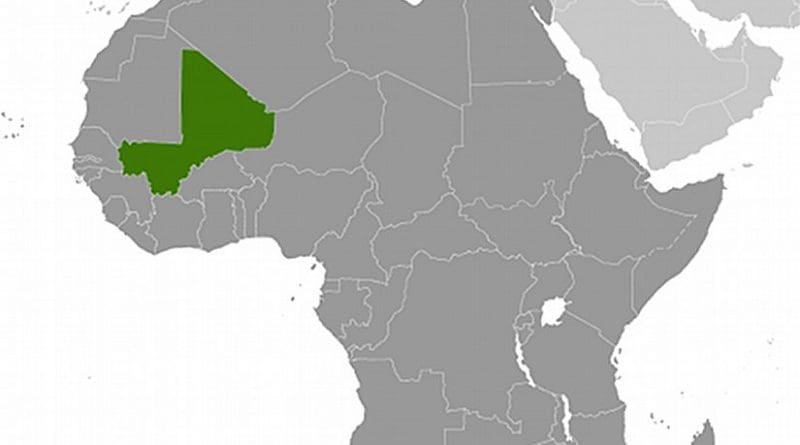Mogherini Confirms Two EU Staff Killed In Mali Attack
By EurActiv
(EurActiv) — The two civilians killed in a jihadist attack on a Mali tourist resort were both working for the European Union, the bloc’s foreign affairs chief Federica Mogherini said on Monday (19 June).
“Unfortunately, I can confirm that there were two victims among our European Union colleagues, a Malian woman and a Portuguese man,” Mogherini said after an EU foreign ministers meeting in Luxembourg.
She said their deaths showed how strong EU ties with Mali and the region were as it struggles to cope with devastating poverty and an increasing terror threat.
The EU runs an advisory mission to help train the Mali armed forces and maintains a delegation in the capital, Bamako.
The Malian government said four attackers were killed and 36 hostages freed, with another five suspected jihadists in custody over Sunday’s attack near Bamako.
Jihadists are active in Mali’s troubled north and centre but attacks on civilians in and around the capital are much rarer.
The last major attack on civilians was in November 2015, when gunmen stormed the Radisson Blu hotel in Bamako, killing 20 people.
No group has as yet claimed Sunday’s assault.
Earlier, Mogherini had declared “We stand together in our fight against terrorism,” in her opening remarks at the Foreign Affairs Council in Luxembourg.
“These are difficult and dramatic hours which testify to how European and Africans are brothers and sisters in both the fight against terrorism and in the solidarity of our response to it,” she said.
EU foreign ministers were meeting today in Luxembourg to discuss counter-terrorism as well as the Africa-EU partnership and EU support to Mali and the Sahel region. The EU recently agreed to provide a further €50 million to the G5 Sahel joint counter-terrorism force.
“Our partnership is very strong and will be consolidated, strengthened on the occasion of the Africa-EU summit this November,” Mogherini said.

